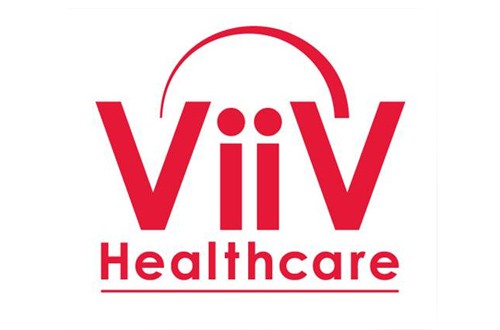
Healthcare and Janssen are advancing the development of a two-drug injectable therapy – given just once every few weeks – that could free people living with HIV from daily doses of tablets.
The combination of ViiV’s long-acting integrase inhibitor cabotegravir and Janssen’s non-nucleoside reverse transcriptase inhibitor (RTI) Edurant (rilpivirine) was shown to suppress HIV levels as effectively as a three-drug oral regimen in data released last year.
Now ViiV – a joint venture between GlaxoSmithKline, Pfizer and Shionogi – has confirmed it intends to take the combination into phase III testing later this year.
The announcement came as ViiV and Johnson & Johnson subsidiary Janssen reported the results of the LATTE-2 trial to clinicians at the Conference on Retroviruses and Opportunistic Infections (CROI) in Boston.
After 32 weeks’ treatment, viral suppression rates for cabotegravir/rilpivirine were 95% for a regimen given every eight weeks, 94% for a four-weekly injection and 91% in patients given the triple oral therapy, which consisted of cabotegravir plus two RTIs.
John Pottage, ViiV’s chief scientific and medical officer, said: “There continues to be a need for new HIV medicines, including those that could offer more flexible dosing regimens for people living with HIV.
“The LATTE-2 study results provide the first evidence that a long-acting two-drug injectable regimen may offer an alternative to daily, oral three-drug therapy for people who have achieved viral suppression.”
The cabotegravir and rilpivirine combination has been tipped as a future blockbuster for Janssen and ViiV and along with other new drugs such as integrase inhibitor Tivicay (dolutegravir) could help the companies claw back market share lost in recent years to Gilead Sciences.
Gilead currently dominates the HIV treatment sector thanks to drugs like Truvada (emtricitabine and tenofovir disoproxil fumarate) and Atripla (favirenz/emtricitabine/tenofovir disoproxil fumarate), but ViiV is fighting back.
This week, the joint venture company closed its $1.5bn acquisition of Bristol-Myers Squibb’s HIV portfolio, bolstering its pipeline with a number of programs at different stages of discovery, preclinical and clinical development.
First data on cabotegravir as HIV preventative
Meanwhile, ViiV has reported the first data from trials of cabotegravir as a preventative for HIV infections. In the phase IIa ECLAIR trial, cabotegravir was given to HIV-uninfected healthy adult males not at high risk of acquiring the virus, initially once a month and then once every 12 weeks.
The results showed that injections were preferred to daily oral dosing by the trial subjects, and that the drug was well-tolerated. However, blood analyses showed that cabotegravir levels were not maintained at a sufficiently high level for pre-exposure prophylaxis (PrEP), so a bi-monthly dose will be tested in subsequent studies.
“There are more than 36m people worldwide living with HIV today and, despite considerable progress made in the fight against HIV, infections are still increasing in parts of the world”, commented Pottage.
“Preventative measures like PrEP could play an important role in reducing the number of new infections and help contribute to the goal of ending the global AIDS epidemic”, he added.




